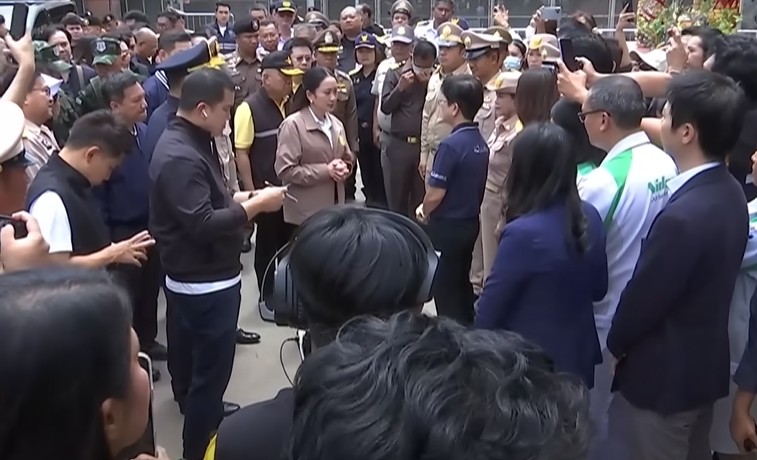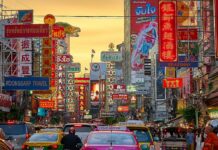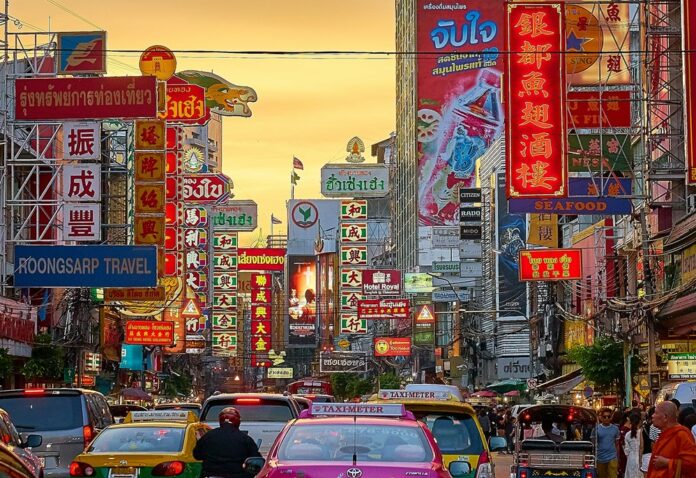The bill that would legalize Thai casinos could be dead in the water after the government agreed to de-prioritize its bid to let overseas firms build integrated casino-resort complexes in the country.
Bangkok said it had held talks with the likes of MGM and Wynn Resorts over the complexes, whereby casinos would occupy a maximum of 10% of floor space.
However, the proposal was met with public and political outcry. Following street protests against the proposal in March and April, the Deputy Prime Minister and former Prime Minister joined senators in calling for the government to ditch the plan.
The Bangkok Post reported that the government has since “bowed to growing public pressure by stepping back” from its plan.
Thai Casino Bill Placed On The Backburner
The government had hoped to fast-track its bill when parliament reconvenes in early July following a summer break.
It had tabled the plan as the first bill up for deliberation on a July 9 session. However, the government has instead chosen to deprioritize a debate on the casino proposal.
The Deputy Transport Minister Manaporn Charoensri said that the draft law had already been placed on the parliamentary agenda.
As such, she said that only a formal house resolution could ensure its total removal from the schedule.
Manaporn said the ruling Pheu Thai Party has informed the government’s chief whip that it wants to defer debate on the bill, and place it at the bottom of its list of priority draft laws.
The deputy minister said the party’s decision was part of its commitment to listening to public opinion.
She denied that the decision had anything to do with the opposition People’s Party’s recent call for Pheu Thai to scrap the bill. Manaporn said: “We don’t need the opposition to tell us what to do. The government always listens to the people. We take their voices into account.”
Despite Manaporn’s assertions, however, there can be little doubt that pressure from the Thai parliament played a key role in derailing the bill.
The Bhumjaithai Party, Pheu Thai’s former coalition partner, has left the ruling coalition after its leader voiced objections to the bill.
This has whittled down the size of the coalition’s majority to just seven seats. In recent days, Bhumjaithai has also called for another vote of no confidence in Prime Minister Paetongtarn Shinawatra.

Political Pressure Growing for PM Paetongtarn
Paetongtarn has already seen off one challenge to her leadership this year. But fears that Bhumjaithai’s proposal will gain momentum continue to grow.
Casinos remain illegal in Thailand. Paetongtarn, who championed the bill, claimed that green-lighting casino-resorts would help boost year-round tourism-related business and tax revenues.
Her government also claimed it could boost Thailand’s GDP by 0.8% and create between 9,000 and 15,000 new jobs.
While some had suggested green-lighting casinos only on the condition that they do not admit Thai citizens, MGM questioned the financial viability of such a proposal.
An MGM official said that similar initiatives elsewhere in Asia have struggled to remain profitable by only admitting foreign passport holders.











